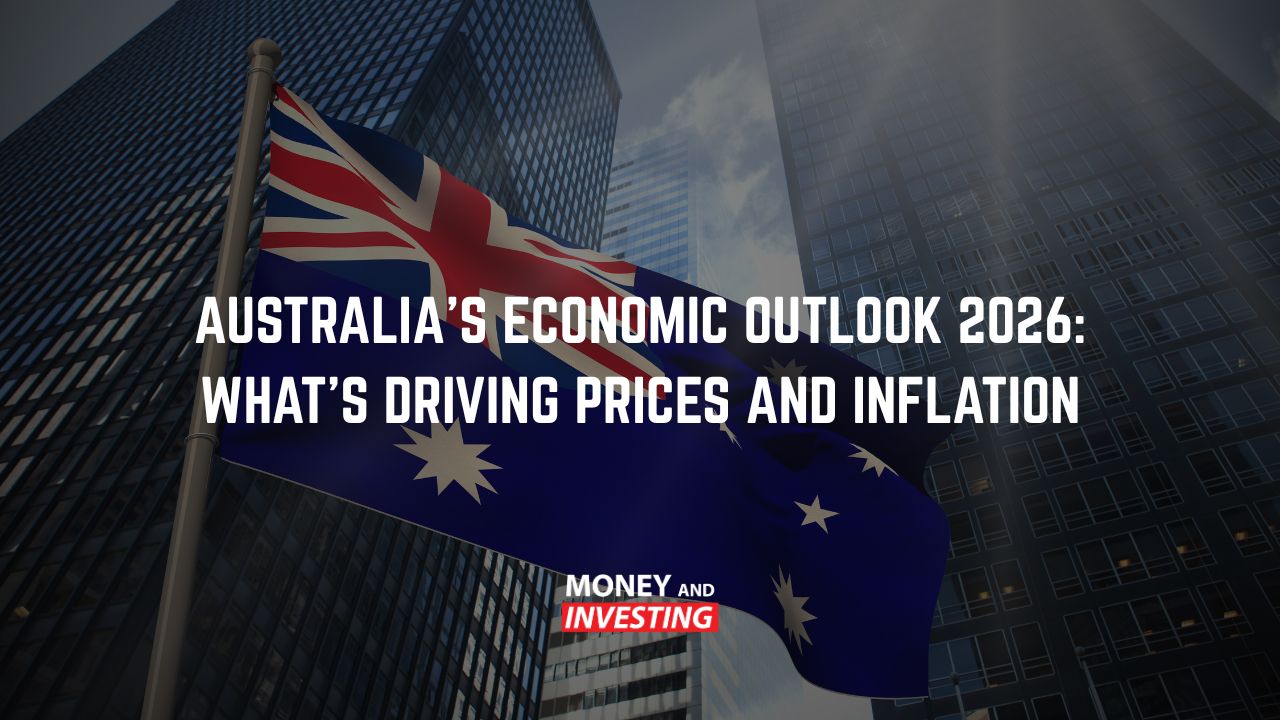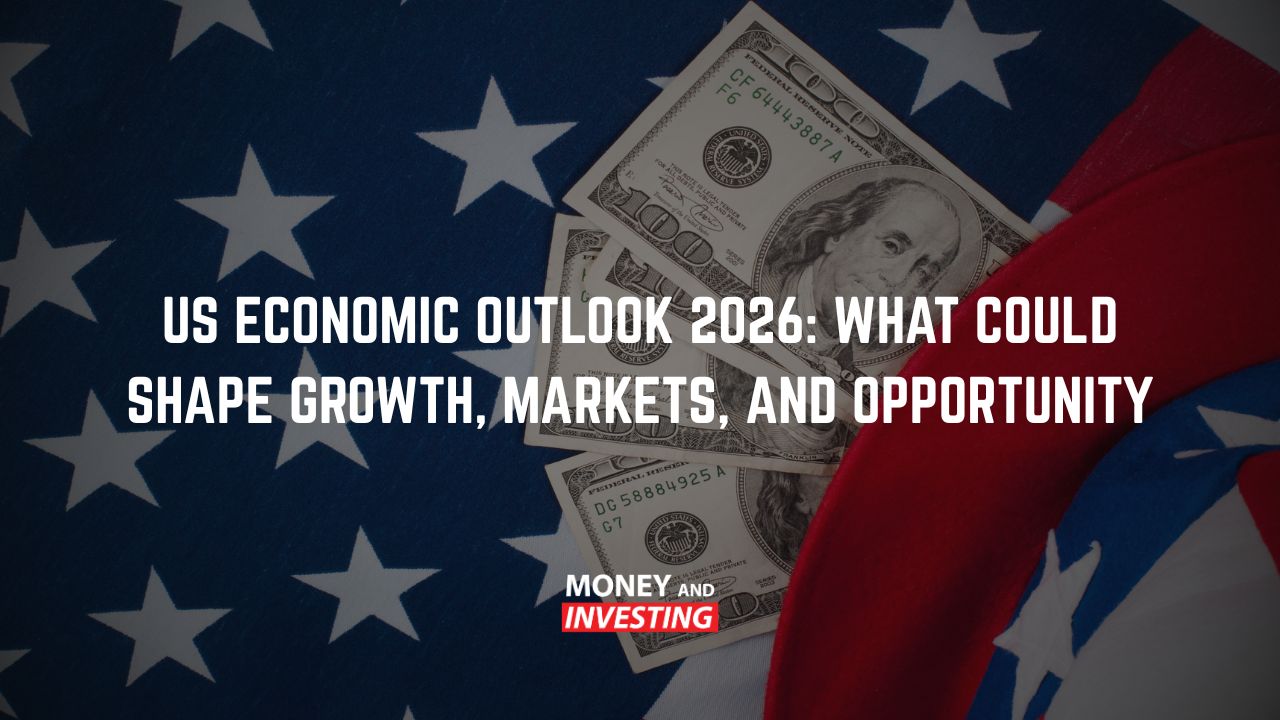Money and psychology are closely linked, affecting how we handle spending, investing, and saving. Many of our financial decisions are shaped by emotions like fear, greed, and our past experiences—often referred to as “money stories.” These emotional connections can either drive us forward or hold us back. To take control of your financial future, it’s crucial to recognise these biases and learn how to manage them effectively.
The Power of Money Stories
Your beliefs about money, formed during childhood or through life events, play a huge role in how you manage your finances today. For many, money symbolises freedom, security, or choice—emotional concepts that can lead to both positive and negative behaviours. Consider this question: “Money is…?” Your immediate answer can reveal a lot about your mindset. Whether you associate money with freedom, security, or something else, understanding this emotional link is the first step towards financial growth.
Fear and Greed: Common Emotional Drivers
Fear and greed are two of the most dominant emotions when it comes to investing. Fear of losing money can prevent people from taking necessary risks, while greed can lead to overconfidence and rash decisions. Both emotions can cloud judgement and impact long-term financial success.
Recognising when fear or greed is influencing your decisions is key. Adopting a process-driven approach to investing, rather than reacting emotionally, helps to mitigate these biases. A well-defined strategy ensures that your decisions are based on logic and not influenced by emotion.
Overconfidence and Underconfidence
Overconfidence can be just as harmful as fear. It often leads to impulsive decisions, particularly in high-risk areas like the stock market. On the other hand, underconfidence can stop you from seizing opportunities when they arise. Finding a balance between these extremes is essential.
For instance, in trading, consistency is crucial. By focusing on developing a reliable process, you reduce the likelihood of making emotionally driven decisions. Confidence will naturally build as consistency leads to success.
Changing Your Money Story
Having a certain money story doesn’t mean you’re stuck with it. Recognising limiting beliefs, like “money is the root of all evil” or “I’m bad with money,” allows you to rewrite the narrative. If you’re starting fresh, for example as someone who has never invested before, see this as an advantage. With no past biases, you have the opportunity to adopt positive habits from the outset.
It’s also important to avoid comparing yourself to others, especially in today’s world of social media, where appearances can be misleading. Focus on measuring your progress against your own personal goals rather than external markers of success.
The Importance of Planning and Preparation
Preparation is vital for managing your financial psychology. Whether you’re dealing with a sudden financial windfall or navigating market downturns, having a plan allows you to remain calm and focused. For example, maintaining an emergency fund can help you stay composed during a job loss or other financial setback. Similarly, having a clear strategy for market corrections means you’re ready to capitalise on opportunities when they arise.
Managing Lifestyle Inflation
As your financial situation improves, it’s easy to fall into the trap of lifestyle inflation—spending more just because you can. This can be a dangerous pattern, leading to unnecessary purchases that don’t align with your long-term goals. Staying grounded and regularly reviewing your financial priorities can help keep lifestyle inflation in check.
Conclusion: Emotions and Financial Success
Mastering the psychology of money involves recognising the emotional drivers behind your financial decisions and learning to manage them effectively. By focusing on a process-driven approach and prioritising long-term goals, you can avoid the emotional traps of fear, greed, and overconfidence. With the right mindset and preparation, financial success becomes a matter of strategy rather than chance.



